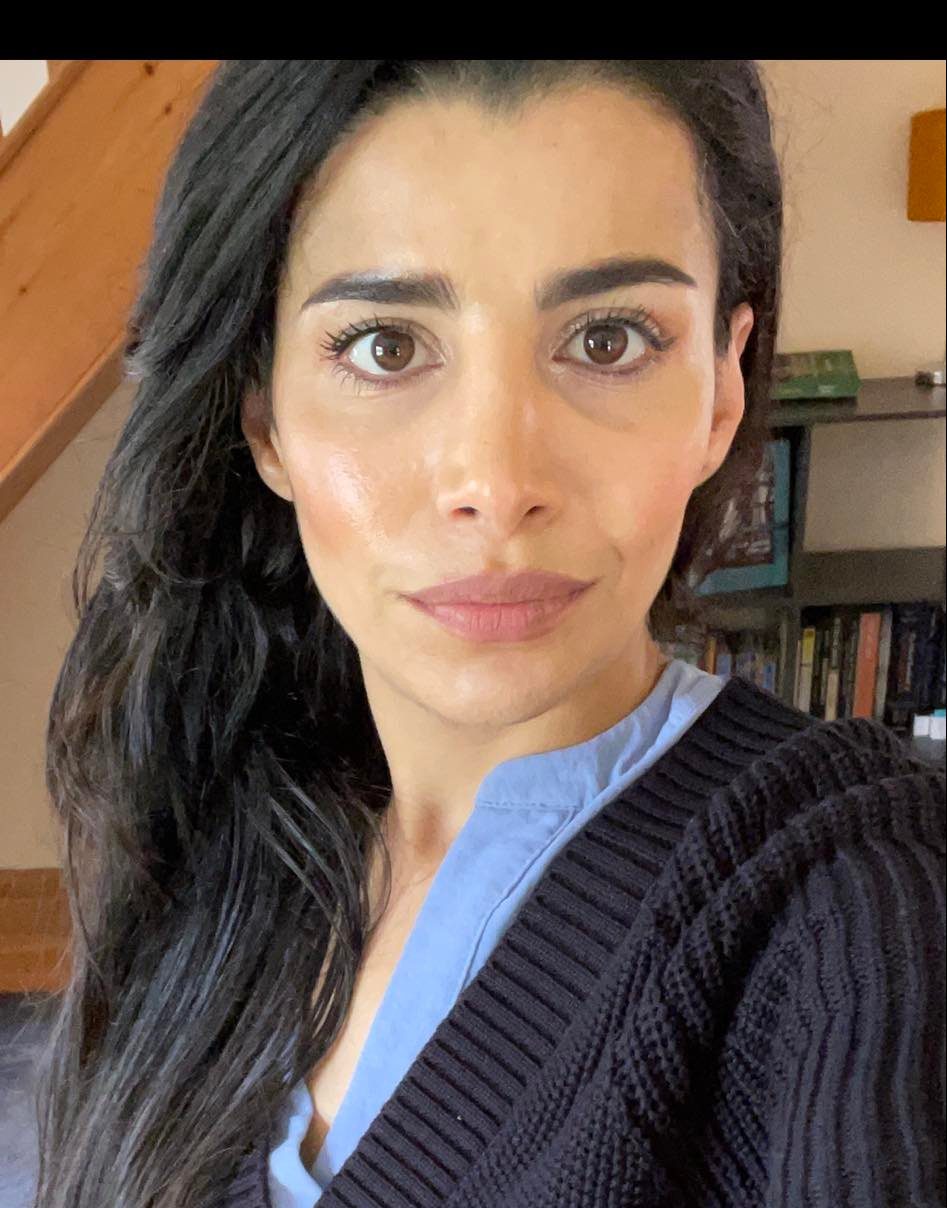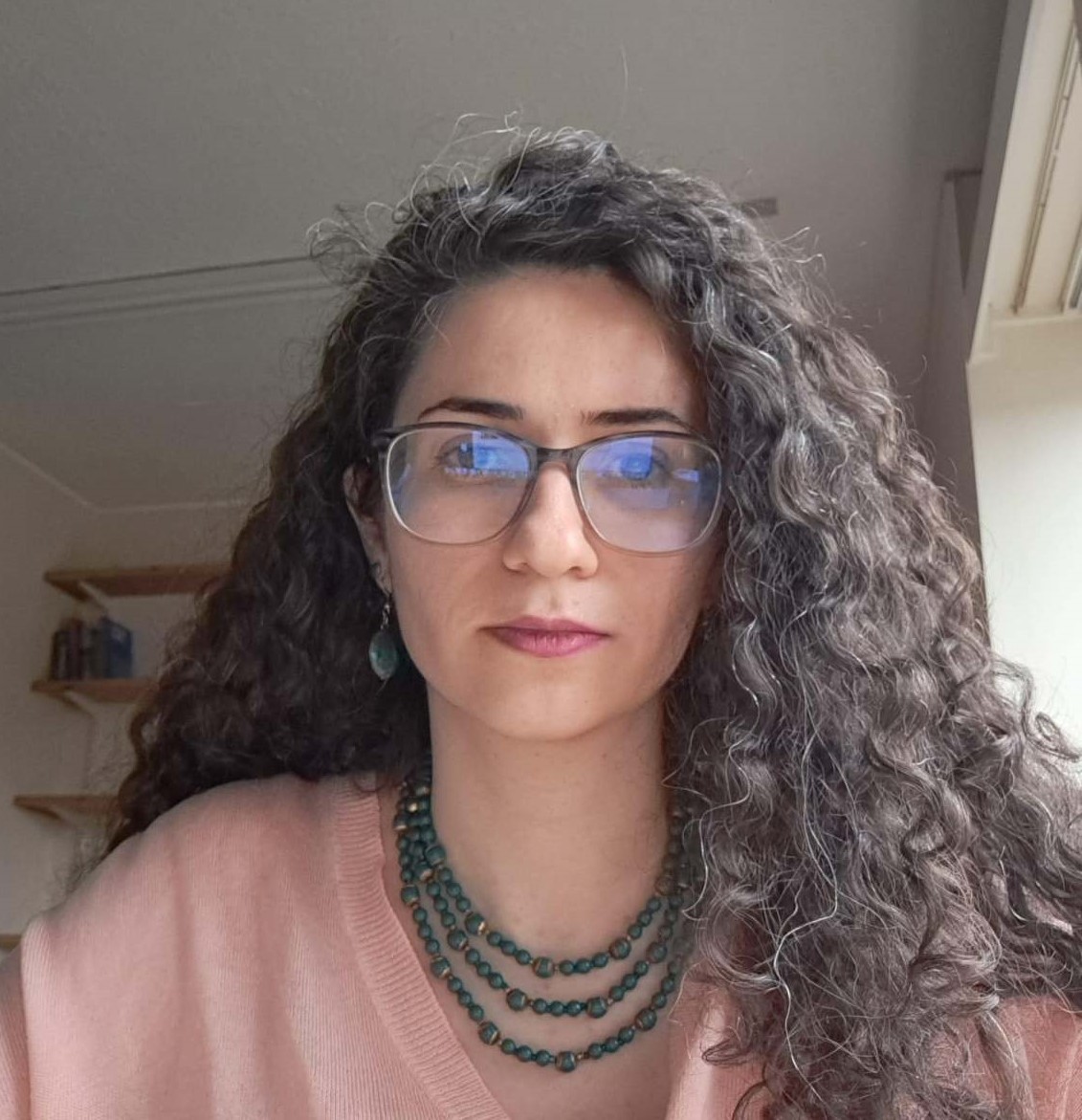Öcalan’s Solution for Our Crises: Restoring Social Ethics to Politics
By Rojin Mukriyan & Sara Kermanian
The world is trapped in a vicious cycle of crisis. In other words, as Barry Gills and Hamed Hosseini claim, “we are living through a great implosion.” The environment is decaying, poverty is widening, inequality is growing, and war is spreading. The recent data from The Armed Conflict Survey indicates the growing number of armed conflicts globally. While the intensity and duration of these conflicts are rising, humanitarian aid is decreasing. For example, in Turkey’s recent unethical and unlawful airstrikes on Rojava and the Democratic Autonomous Administration of North and East (DAANES), the Turkish state intentionally and systematically targeted the civil infrastructure of Rojava, leaving the residents of the region with nothing but misery and trauma. Another recent example is the ongoing post-October-7 Israel-Palestinian war. It is a conflict that has taken the lives of more than 18,000 Palestinians so far, including many women and children. Isn’t it time to ask ourselves why the world is decaying?
One possible response to this question underscores the growing separation between morality and politics. In a world where “regimes of truth” and ethics are constructed to facilitate the government of societies (Foucault, 2014), the imperative for governing techniques to reinstate hierarchical relations of domination and exploitation leads to a distortion of the moral foundations of life. This paper explains this dilemma and explores potential solutions by examining the relationship between morality and politics, drawing insights from the works of Abdullah Öcalan and the broader tradition of social ecology. Moreover, the paper argues that highlighting the relation between morality and politics has the potential to address criticism regarding the accuracy, as well as the potential naturalism and essentialism underlying Öcalan’s historiography. This approach suggests that the value of Öcalan’s historiography lies in the heuristic potentials embedded in the contrasting ideal types it constructs for the nexus of politics and ethics. These categories are highly valuable not only for comprehending our present dilemma but also for imagining alternatives to the political orders producing it.
A key aspect of grasping the relation between morality and politics in Öcalan’s work and in the broader tradition of social ecology is the difference between politics and statecraft. “The state is a craft, whereas politics is an art” (Öcalan, 2020, 173). This crafting involves operations the state engages with, directing its efforts towards the “governance of society by means of professional legislators, armies, police forces, and bureaucracies” (Bookchin, 1999, 173-174). It integrates individuals and groups into a “megamachine,” which, as Mumford (1966) notes, orchestrates social stratification and hierarchization of bodies based on factors such as class, gender, sexuality, culture, age, and so on. Megamachines, manifesting in various forms and with diverse features across times and spaces, rationalize order and use physical power to establish power monopolies, confining the society’s political life and power (Öcalan, 2020, 196-204). In contrast, politics is “the art of freedom,” with its role being to enable free, equal, and democratic existence and coexistence (Öcalan, 347-348). In Viroli’s words, it is “the art of preserving the republica, in the sense of a community of individuals living together in justice” (Viroli, 1992: 2-3). It stands in opposition to statecraft as it necessitates direct democracy as a form of self-management of a community through the equal participation of all its free members (Bookchin, 1999, 173-196).
The contrast between statecraft and politics extends to the differentiation that Öcalan draws between law and morality. Öcalan maintains that politics is inherently moral, to the extent that he makes references to morality when attempting to define politics. Politics, which is nothing if not democratic, “is the practical implementation of what the voice [of conscience] expresses” that is “to make the art of freedom—or social politics” (Öcalan, 2020, 43). He further argues that “politics as direct democracy is effectively morality itself” (Öcalan, 336). Why is that?
The hierarchical structure of ‘megamachines’ anchors itself in a set of norms that are reflected in instituted law as well as in the dominated society’s common sense. These frameworks serve to justify the hierarchical structuring of societies and their dominance. In this context, it is not that morality lacks a function; rather, its function has become subservient to power monopolies (Öcalan, 335-337). Religions, when deployed in the ideological and ethical justification of megamachines, exemplify this state-centric construction of ethics. In the modern era, nation-state-centric norms are predominantly guided by principles of progressivism, individualism, maximization of profit, and national monopolies. The Hobbesian paradigm that life before and outside states is dominated by an anarchical state of war of all against all (cf. Waltz, 1959) has further provided ethical justification for [nation-]states’ monopolistic and hegemony-seeking tendencies internally and internationally. The violent consequences of this situation, in which imperialist, policing, and militaristic tendencies find ethical justification have been severe. Indeed, the endorsement of violence in service of state-centric survivalist and/or progressivist norms plays a significant role in the works of prominent political theorists such as Kant and Hegel.
In contrast to state norms and laws, Öcalan introduces morality as a component of social-political life. In his framework, morality could be defined as a collective mode of thought that guides political deliberation and decision-making. Morality, for Abdullah Öcalan (2020), is the conscience, culture, or mentality of a society. Öcalan defines morality in social terms as ‘social morality.’ Social morality is only possible with freedom. Therefore, Öcalan defines morality as the solidified state and organized expression of freedom. Morality, in other words, is the institutionalized and traditional state of freedom with truly democratic politics. The fundamental role of morality is to equip society with the capacity to freely govern itself. A moral-political society maintains its right to self-defense but refuses militarism and its application for hegemonic and monopolistic dominance. An ethical and political society is a society free from domination and hierarchy, both internally and in relation to other societies. Domination is related to power. It is an accrual of power as a consequence of the existence of an asymmetry of power. To be dominated is to be in an uneven power relationship.
That said, Öcalan does not only conceptualize the two categories of social relations but rather concretizes them through historiography. On the one hand, Öcalan, similar to Arturo Escobar and Murray Bookchin draws on anthropological and archeological evidence that reveals that pre-civilizational societies, which Öcalan refers to as natural or organic societies, followed a different concept of life based on their active consciences. A life that is governed by a set of egalitarian and free moral values is one characterized by its conscience, and this mode of living was common prior to civilization. Organic society, a society based on matricentric culture, was a non-hierarchical, non-dominating society. In other words, it was a libertarian, egalitarian communal life. Values such as inclusion, harmony, solidarity, sharing, cooperation, respect, and mutual acceptance guided life. Öcalan labels such a society an ethical and political society. It was a society that upheld the values of equality and diversity, as well as solidarity. This society hypothetically had all the characteristics of a moral society mentioned above.
Society, Öcalan argues, gradually lost its moral and apolitical foundations as relations of domination and hierarchy emerged. Patriarchy is one of the first and oldest forms of hierarchical order. Hierarchy also emerged in the economic sphere, as it was accompanied by the accumulation of power and surplus production that gradually dissolved the morality of society. This was the origin of capitalism, which necessarily complimented and joined forces with patriarchy. Sexual and economic domination were coterminous with the advent of civilization. Values such as extreme competition, profit, egoism, and individualism characterized the unnatural society of civilization. These were values that actively encouraged war and unleashed destruction. Patriarchy and capitalism dissolved the moral foundation of natural society, thereby destroying the existence of the first free and equal society we have ever known (Öcalan, 2023, 140). It has substituted morality—the collective conscience of society—for a positivistic ‘rule of law’ that functions only to protect the private property of the wealthy. Law replaced morality and conscience and it functions in accordance with authority, not truth, as Thomas Hobbes put it. Civilization—through patriarchy, capitalism, and the state—therefore atomized society and established individualism. Today, politics is amoral for this very reason. Today, politics is an expression of the hierarchical and dominating features of civilization, an expression of the loss of the moral basis of natural society.
The reliance of Öcalan’s theorization of the relation of ethics and politics to this historiography, particularly within the framework of a polarized narrative of ‘natural’ versus contractual societies, is not without controversy. It could be criticized for leaning towards ‘naturalism’ or ‘essentialism’ and for being susceptible to critiques regarding the historical accuracy of its narrative. While acknowledging the importance of these arguments, we argue that the significance of Öcalan’s historiography may be understood in relation to the political-ethical project he advocates, not as its precondition. Moreover, the importance of calling his moral-political society ‘natural’ lies in its denaturalization of commonly accepted and inherently violent hegemonic ethical norms, which then enables imagining alternatives.
To give some examples, Öcalan’s historiography plays a crucial role in denaturalizing and fostering imagination in the reconceptualization of power and hierarchy. By contrasting his depiction of a moral society with one dominated by state norms, Öcalan encourages imagining power with a positive connotation in the natural society insofar as it involved symmetrical relationships. It also denaturalizes hierarchy as the only social structuring paradigm. To be non-hierarchical is to be at the same level as others, to be equal to others, not only legally but also politically. The polarization also denaturalizes the predominant duality of state versus anarchy and enables imagining a life outside state-centric norms that is more peaceful, not less.
All in all, in our reading of Öcalan’s historiography, to say that a natural society was a moral and political society is to defend the possibility and necessity of having a society based on non-domination and non-hierarchy, or freedom and equality. It involves imagining a society whose power dynamics empower individuals and communities. In such a society, politics is practiced in democratic terms. Politics is an application of its moral or ethical base. Politics follows the communal values of society. It is not based on a struggle for power but on conscience. Moreover, to label such a society as ‘natural’ is not to suggest it has some static ideal form to which it must return and cling. Rather, it is to emphasize that despite progressivist, homogenizing, and positivist hegemonic norms, there remains the possibility of a form of coexistence based on understanding “freedom as pluralization, diversification, and differentiation in the universe” (Öcalan, 2020, 30).
Bibliography
Escobar, A. (2020) Pluriversal Politics: The Real and Possible, translated by David Frye, United States of America: Duke University Press.
Bookchin, M. (1999). The Murray Bookchin Reader. Edited by Janet Biehl. Black Rose Books Ltd.
Foucault, M. (2014) On the Government of the Living: Lectures at the Collège de France, 1979–1980, ed. M. Senellart, trans. G. Burchell, Basingstoke: Palgrave Macmillan.
Gills, B. K., and Hosseini, S.A.H., (2022) ‘Pluriversality and Beyond: Consolidating radical alternatives to (mal-) development as a Commonist Project,’ Sustainability Science, 17, pp. 1183-1194.
Mumfor, L. (1966) The Myth of the Machine: Technics and Human Development. New York: Harcourt Brace Jovanovich.
Öcalan, A. (2020) Manifesto for a Democratic Civilization: The Sociology of Freedom, USA: PM Press.
Öcalan, A. (2023) Beyond State, Power and Violence, USA: PM Press.
Viroli, M. (1992) From Politics to Reason of State: The Acquisition and Transformation of the Language of Politics, 1250-1600. Cambridge: Cambridge University Press.
Waltz, K.E. (1959) Man, the State and War. New York: Columbia University.





Comments are closed.